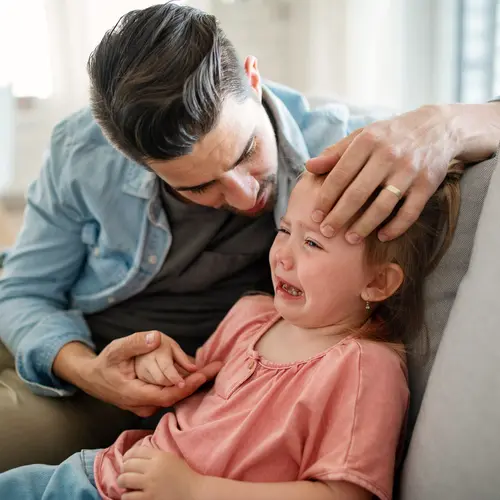The past few years have inspired a lot of young people to get involved in advocacy efforts. Whether they're interested in climate change or social justice, many kids and teens are passionate about doing good in their communities.
As a parent, you may wonder how you can support your child as they pursue activism. Encouraging civic participation is important, but you might worry about letting young people go to protests or marches.
Learn About the Issues Yourself
If your child has a pet issue, you can show them you respect their interest by learning about it yourself. You can begin by asking them what’s driving their efforts so you understand their position. Ask them to share articles or videos that they find informative.
When you talk to your child, be respectful of their ideas. Ask questions that will make them think more deeply on the subject. Be willing to share additional information with them but be careful not to take over the conversation. Encourage them to be thought leaders.
Once you're caught up on the issue, you and your child can keep learning together. You can follow relevant social media accounts and talk to your child about what other activists are doing and saying. You can pass along news articles that deal with the subject.
Learn About Advocacy Tactics
Knowing how to turn activist passion into action is complicated for people of any age. There are a lot of different ways that kids can engage in making a real impact. Learning some of those tactics to share with your child will help them along.
Some safe and effective techniques for activism include:
- Writing to policymakers.
- Meeting with policymakers.
- Writing to corporate leaders.
- Sharing fact-checked information and calls to action with social media networks.
- Educating peers.
- Requesting changes to policies at school or within other organizations.
Safely Attend Protests
Marches, rallies, and protests are time-tested ways that activists get public attention for their causes. Most events are safe, and they provide a valuable opportunity to work together with other activists. There have been some recent episodes where protests became chaotic or even violent. That can give any parent pause before letting a child or teen attend.
If your child wants to go to a public event, you should look into the organizers and the plans for the event. If it seems well-planned, you and your child can go together. When you get there, assess the situation to see if it feels safe enough.
Set some basic protest safety rules before you go, like:
- Carrying fully charged cell phones so you can stay in contact if you get separated.
- Planning meeting points in advance.
- Wearing comfortable, weather-appropriate clothing and sturdy shoes.
- Bringing water and food.
- Bringing a first aid kit, sunscreen, and bug spray.
- Writing down phone numbers for a contact person.
Connect With Other Activists
There are thousands of issue-based organizations advocating for their causes. Many of them welcome volunteers of all ages. Encourage your child to find some of these organizations and join their mailing lists.
These groups will regularly share updates about policy changes related to the issue. They will send alerts about important legislation and instructions about how to quickly take action by contacting lawmakers. Some groups do in-person advocacy events at the local, state, and national levels. They offer training and education as well as a camaraderie that your child may find helpful.
Offer Logistical Support
Sometimes, what a child needs most is something as simple as a ride. If your child is participating in advocacy activities, you can help by doing all the same things you would do for any extracurricular interest. You can offer to drive your child and their friends to events. You could let your child host meetings in your house. Help them get the supplies they need for their activities.
You can also share your network with young activists. If you know people in positions of power or people who can share information and resources, offer to introduce your child to them. Work with kids and teens before they meet with new people, so they're prepared to ask for what they need. Letting them take the lead in meetings will boost their confidence and provide important experience.
Young people will be adults someday and knowing how to effect change is an important skill. You can encourage your kids to use their voices while still keeping them safe.


